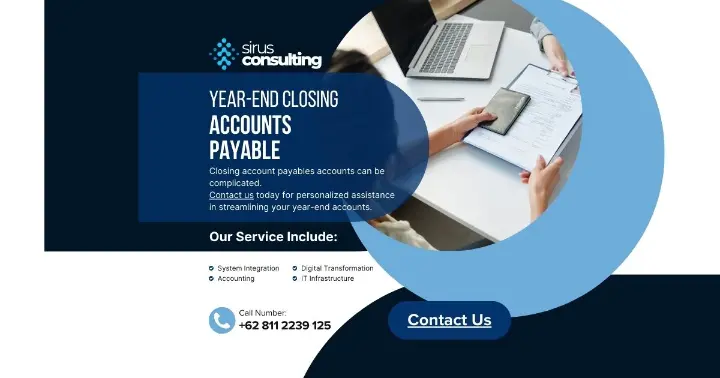The relationship between cash flow and accounts payable is essential for a business's financial health. Accounts payable reflects the amounts owed to suppliers for goods and services received but not yet paid. Proper management of accounts payable can significantly influence cash flow, which is the net cash entering and leaving the business.
Here are examples of accounts payable:
Accounts payable refers to the debts a business owes that are not yet paid, typically categorized into salaries and expenses.
- Utilities
- Rents
- Salaries
- Wages
- The cost of acquiring goods or materials for manufacturing
How do you close account payable accounts at year-end?
There are different methods that you can use to close out accounts payable:
- Review bills: Make sure all bills match the corresponding purchase order and delivery receipt.
- Confirm vendor balances to ensure their records match yours.
- Process payments: Settle all pending payments before the fiscal year ends.
- Review accounts payable ledger: Check for any anomalies, such as negative balances or unrecorded transactions.
- Verify compliance: Ensure that all payments and transactions comply with the terms and agreements established with vendors.

Benefits of closing year-end account payable accounts:
- Compliance: Ensure compliance with financial and tax regulations.
- Accurate reporting: Provide a complete and accurate review of your organization's financial position.
- Strategic planning: Guidance for effective budget management and wise decision-making in the year ahead.
- Build trust: Enhance transparency and build trust with stakeholders
Eliminate the manual process of year-end closing
Year-end accounting can be daunting, but it doesn't have to be. By gathering all of your financial records and taking the time to organize them, you can make the process much simpler. Contact us today for personalized assistance in streamlining your year-end accounts.